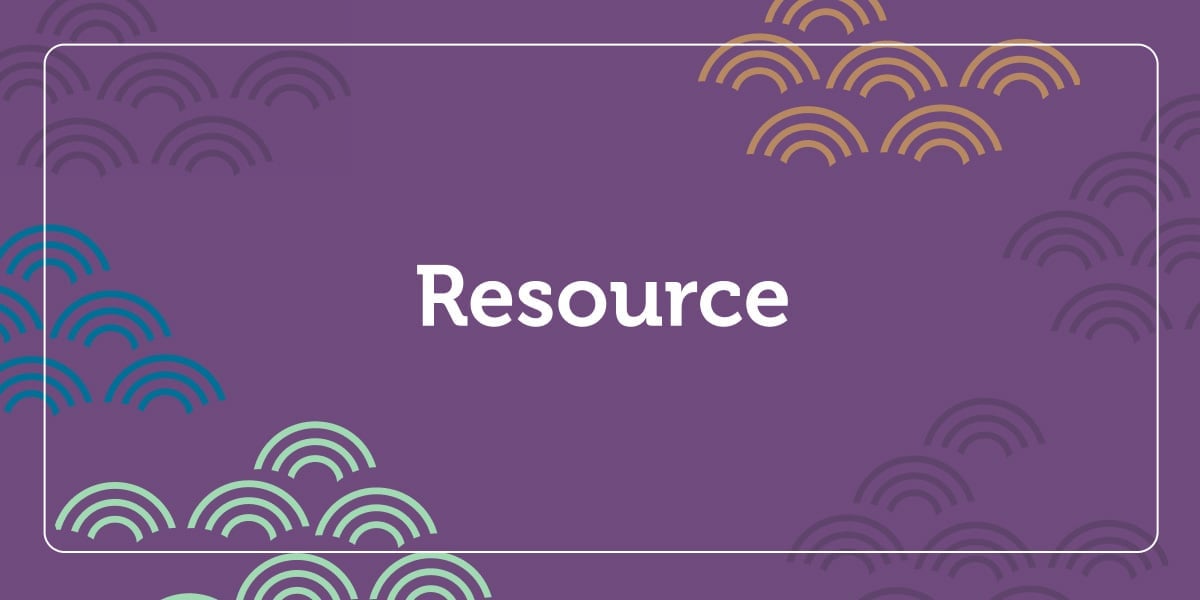In this guest post, Sascha Longstreth, PhD and Sarah Garrity, PhD, co-authors of Effective Discipline Policies: How to Create a System that Supports Young Children's Social-Emotional Competence, suggest rethinking how we approach students' behavior as schools reopen after the pandemic and create high-quality school behavior policies to ensure that all children learn the social and emotional skills needed to be successful.
Students' well-being is an urgent priority for every school reopening after the pandemic. Behavioral challenges are expected to rise as students return to school having experienced multiple stressors from the past year. Rather than returning to the way things were, we have an opportunity to rethink how we approach students' behavior on a school-wide basis. Creating a high-quality school behavior policy is a powerful and innovative way for school leaders to reset their school's approach to managing behaviors.
Schools have an opportunity to use state and federal pandemic funding to create innovative solutions for meeting the complex social and emotional needs of our students. Where to start? Crafting a high-quality school behavior policy is an ideal starting point for schools that are looking to create system-wide, long-term changes in how they support the social and emotional needs of students.
Effective Discipline Policies: How to Create a System that Supports Young Children's Social-Emotional Competence provides school leaders with step-by-step guidance in how to create a school behavior policy that is developmentally appropriate, equitable, and designed to support every student to thrive. It provides school leaders with step-by-step guidance on how to craft a developmentally appropriate, equitable, and inclusive school behavior policy. All members of the school community will benefit:
- For the teacher: Support and clarity on how to address problem behaviors, fewer instances of problem behaviors in the classroom.
- For the student: A positive school climate that helps them feel safe, acknowledged, and respected.
- For the administrator: A system for ensuring that behavior guidance (discipline) practices are equitable and effective, clarity on processes for addressing behavior, support with accountability.
- For the families: Opportunities for input on guidance policies, ongoing partnerships.
- For the school staff: Consistency and clarity in approaches to behavior, reduction in implicit bias, clear communication across staff regarding behaviors.
Author(s)Sarah Garrity, Sascha Longstreth
Lisa Williford
Lisa Williford, an experienced marketing event coordinator, served with Kaplan Early Learning Company and Gryphon House from 2020 - 2023.

